HONI SOIT PRESENTS...





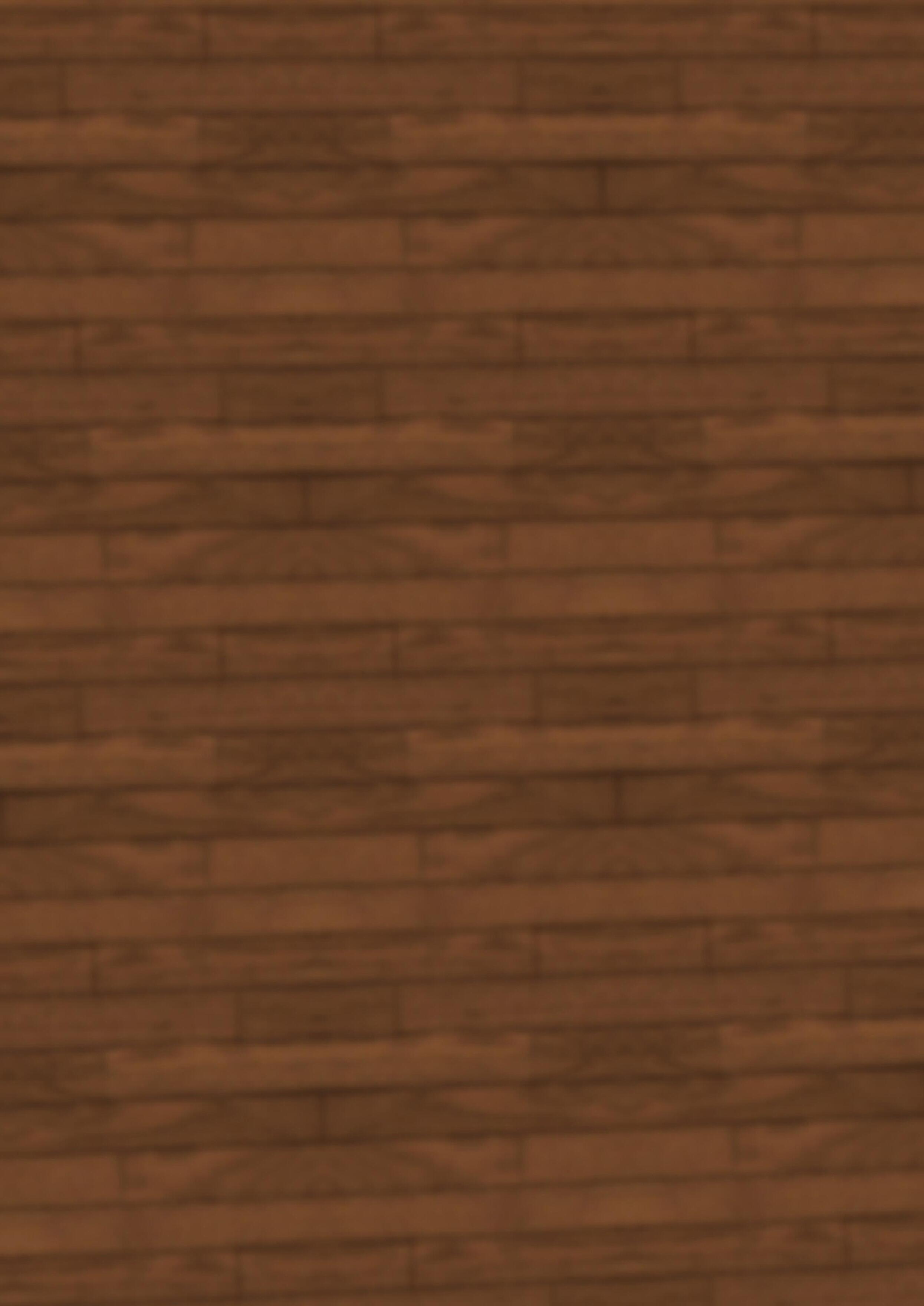
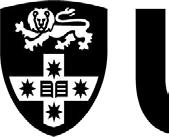
The USU Board is made up of 14 student directors. 12 are elected from student members who serve two year terms and the two other directors are appointed by the University Senate. This year’s election will elect five student directors. Voting is open to all USU members.
Working with the USU CEO, the Board meets monthly to oversee the strategic direction of the union. The Board approves the annual USU budget, has the final say on hiring decisions, and directors serve on committees, working groups and portfolios. The USU also oversees the clubs and societies on campus with the Board in charge of regulations surrounding club events and funding.
The USU receives a significant amount of Student Services and Amenities Fees (SSAF). Compared to the SRC’s $2.9 million, this year the USU was allocated over $8 million.
The USU Board elections are upon us again! Students should expect colourfulshirted campaigners to request them on social media and approach them on Eastern Avenue. Try your best to overcome your traditional, and understandable, aversion to student politics. The USU Board is important and the successful candidates will be responsible for allocating over $8 million of students’ money.
This year’s election began with eleven candidates. As of writing, ten remain with the withdrawal of Orlando Throsby. All ten agreed to an interview with Honi Soit, however, Harshita Bhandari was not able to conduct an interview or complete the quiz in time for this print edition. Her profile will be in print for the Week 11 edition. All of the interview profiles will be available online in full. Profiles have been abridged for print.
There were a wide range of quiz results this year reflecting different levels of experience. Candidates were asked questions about the USU, SRC, and the tertiary sector in Australia as a whole. During interviews, candidates were asked about their experiences, vision for the USU, and grilled about their policies. The choice is yours!
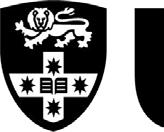

VOTING FOR USU BOARD ELECTION OPENS ON MONDAY MAY 6 AND CLOSES FRIDAY MAY 10
 Simone Maddison is a current member of USyd Grassroots. She was not involved in the interviews and profiles of the Switchroots candidates Ethan Floyd and Georgia Zhang.
Simone Maddison is a current member of USyd Grassroots. She was not involved in the interviews and profiles of the Switchroots candidates Ethan Floyd and Georgia Zhang.

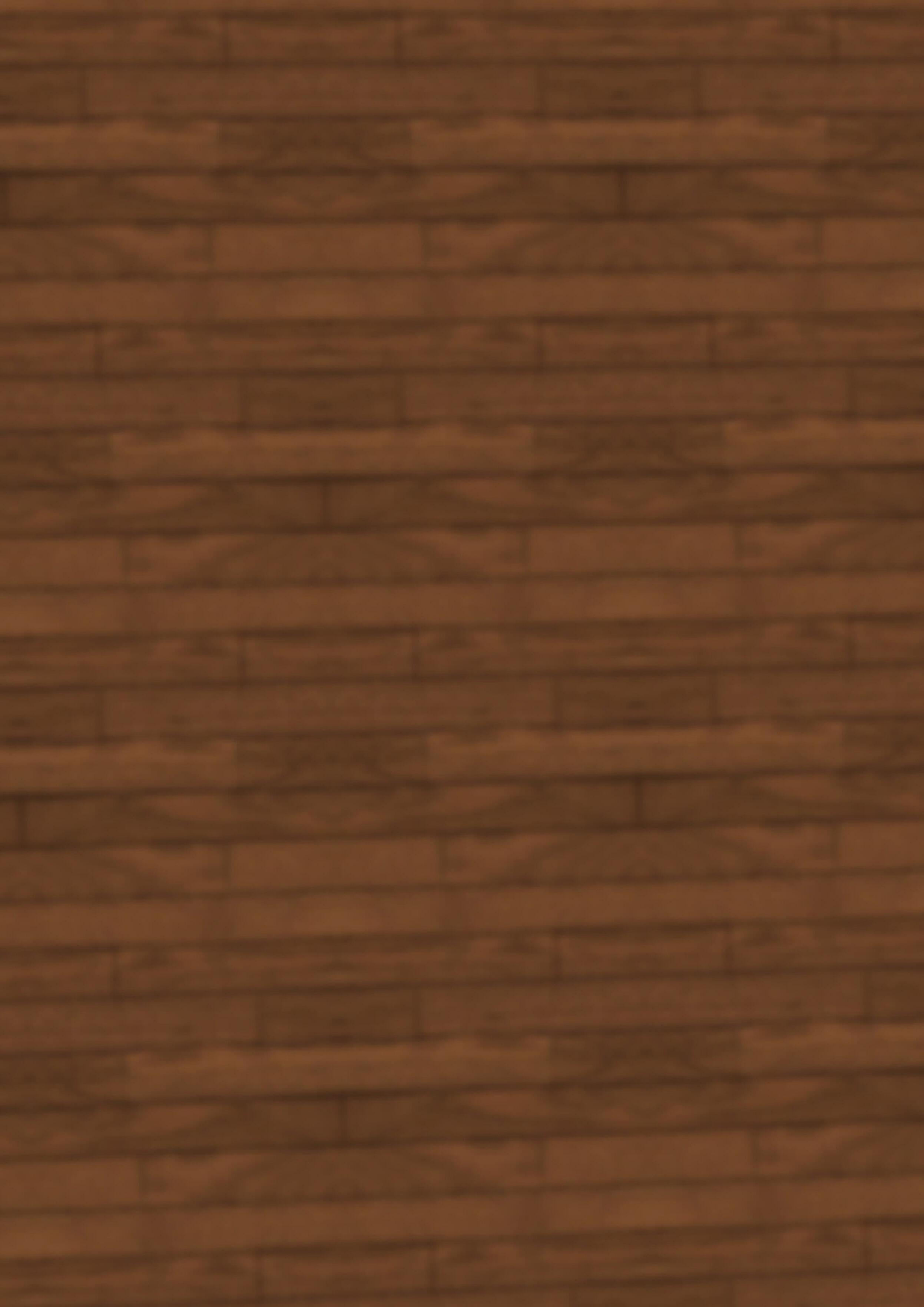
QUIZ: 74%
SLOGAN: JUMPSTART WITH GEORGIA
COLOUR: KELLY GREEN
FACTION: SWITCHROOTS
Georgia Zhang follows a longstanding line of passionate Switchroots USU candidates, tying with James Dwyer with a leading quiz score of 74% and bringing thorough policies to the table. Zhang seeks similar changes to other candidates, such as improving communication between the USU and Clubs and Societies. Importantly, she cited her experience as a Law Revue Producer as providing her insight into behind-the-scenes logistics. Zhang also has experience on the SRC, serving as SASH Officer this year. Although her desire to raise club funding is critical and shared across candidates, her specific policy of providing equity tickets for costly club events stands out; however, in the interview, she was not entirely certain how to approach the question of meanstesting. Also on clubs, Zhang identified that cultural competency training is often omitted or neglected by club executives; to resolve this, she proposed setting a deadline and enforcing completion. Whether this will effectively increase the cultural competency of club executives, or rather raise their ire, is questionable given that online modules are notoriously ineffective.

Left-wing candidates are often quizzed on their intention to shape the
USU in an activist manner. Zhang agreed that the USU should take open political stances as they have recently, such as with its statement on the Fair Fares concession Opal card campaign. Zhang raised her policies to promote mutual aid initiatives and incorporate left-wing values into USU policies, such as Boycott, Divestment and Sanctions (BDS) principles.
Zhang also contended with the question of prioritising divestment from unethical cash flow sources whilst needing money for aid initiatives such as FoodHub: Zhang cleverly pointed out that the USU turned a million-dollar surplus and that these services underpin an essential aspect of what the USU offers to its members.
Zhang’s main policy pushes demonstrate a knowledge of the USU and areas for improvement and creativity. Some of her policies may need to be fleshed out in terms of logistics so students can have confidence that she will deliver.
QUIZ: 74%
SLOGAN: HIRE DWYER
COLOUR: RED
FACTION: UNITY
James Dwyer is a confident candidate, clearly abreast of the inner-workings of the USU; this is reflected in his quiz score of 74%. Although running with backing from Student Unity, his focus on service provision derives from his wealth of experience working at the USU.
One of Dwyer’s strongest policies is his funding strategies for club safety and Anti-Sexual Assault and Sexual Harassment (SASH) training. He outlined plans to provide opt-in grants to subsidise security presence and anti-drink spiking tools at events, alongside the expansion of compulsory training.
Importantly, Dwyer clarified that he wants to shift from online training to in-person sessions to ensure engagement, addressing common criticisms of USU training.
Dwyer’s policies also focus on building an international student community, showcasing sufficient knowledge of reasons underpinning this disconnect: he concedes that there are many ethnocultural events already, but international students are “not brought together in the best ways”. To resolve this, he proposes a generalised international student buddy program (as opposed to the current buddy program that caters to language exchange), and providing or refurbishing more spaces for international students, such as the international student lounge.
Considering this main policy push of a buddy program, the question arises as to how this will be staffed; Dwyer’s plan to source
student volunteers potentially inflames existing criticisms of the USU for relying too heavily on unpaid student labour from the V-Team. Dwyer was not certain how to resolve this and acknowledged how this exacerbates cost-of-living pressures; however, he suggested solutions such as providing rewards. Whether this is sufficient is unclear.
Like many other candidates, Dwyer identified the cost of living crisis as a significant issue facing students that the USU must contend with. He believes that politics are an “integral part of being a student union”, but that the “USU should target its activist potential toward service provision and the cost of living.” Dwyer also envisioned FoodHub’s expansion, suggesting the USU hires a second paid worker and provides material goods.
Overall, Dwyer is an experienced and highly competent voice for students. While not as much of an activist as more left-wing factions, his detailed policy platform and understanding of the USU’s operations make him one of the candidates to beat.


QUIZ: 65%
SLOGAN: ELECTRIFY WITH ETHAN
COLOUR: BLACK
FACTION: SWITCHROOTS
Ethan Floyd is running for USU Board with a wealth of experience in student activism and government. He is currently serving as the SRC’s First Nations Officer and was elected as a Grassroots councillor. There has never been a First Nations Board Director and Floyd said his election would be “historic.”
Floyd’s quiz results displayed ample knowledge of the SRC and the government’s relationship with the tertiary sector. Knowledge about the USU’s inner workings was sound,

although he was not able to fully articulate what information the USU keeps on its members and the documents clubs and societies have to submit.
Floyd was an Honi editor in 2023, which meant he covered USU Board meetings and the union’s policies more broadly. His vision for the USU is for the union to “become a more politicised space,” and play a greater role in campus activism. When asked what campaigns he would advocate for, Floyd said he would argue the USU should apply BDS principles to their partnerships and supplies.
In terms of the union’s engagement with First Nations students, Floyd was heavily critical of the current Reconciliation Action Plan, arguing it was “dead in the water” because it was not consultative and “casted
QUIZ: 61%
SLOGAN: AMPLIFY ANGUS
COLOUR: CYAN
FACTION: NLS
Currently a member of the SRC executive, Angus Fisher is this year’s National Labor Student (NLS) candidate for USU Board.
Fisher’s key policies focus on student services, reviving campus culture and bolstering student representation. Specifically, he hopes to distribute free HIV/AIDS test kits, bring more student gigs to USU outlets like Courtyard, and hold student forums with key Board executives to ensure student voices are heard on topics like the “Someday
a small net”. When discussing the USU’s partnership and investment strategy, Floyd highlighted the need to ‘pay the rent’ by putting Indigenous-owned businesses at the foreground of the USU and coordinating mutual aid with the SRC. Unlike other candidates who were vague about where the increased funds for food initiatives on campus would come from, Floyd specifically suggested that executives like the CEO could take a pay cut. How successful this advocacy will be in a corporate environment remains to be seen but Floyd is confident that he could make a business case for activism: “it puts an organisation at an economic loss to exclude First Nations people on campus.”
While some of his policies may put him at odds with other directors, Floyd appears to be an experienced left-wing candidate who has a clear vision for how the union can better serve vulnerable students on campus.
Soon lineup”. This matches what Fisher claimed were the key issues with the USU, believing that it is currently “extremely corporatised” which has created an organisation that, according to “feels very big and really insular”.
When asked which experiences have prepared him for this role, Fisher cited his tenure as an on-campus tutor, member of the Debating Society and the, now defunct, Democratic Socialist Society.
Fisher noted the political potential of the USU as an organisation with “some capital”, but he added that it may be difficult to make the union “an entirely political, activist space.”
However, Fisher’s policy document was startlingly brief, at only 200 words. When asked about the lack of detail provided, he claimed that there was “obviously
more policy” that he intended to pursue that he had not included in the statement he provided to Honi.
Fisher did repeat NLS’ 2023 SRC election promises for a “rave in the graffiti tunnel” and “bubblers on campus”. Regardless, he reiterated his commitment to reviving student culture and easing student access to amenities to alleviate the cost of living crisis.
Fisher stated that he would be interested in taking on the Environment portfolio, noting that he would advocate for no new fossil fuels, renewable energy investment and an anti-nuclear stance.
His quiz results were marginally higher than most other candidates given his experience with the SRC and union history, however there was a noticeable gap in general USU literacy such as governance features.

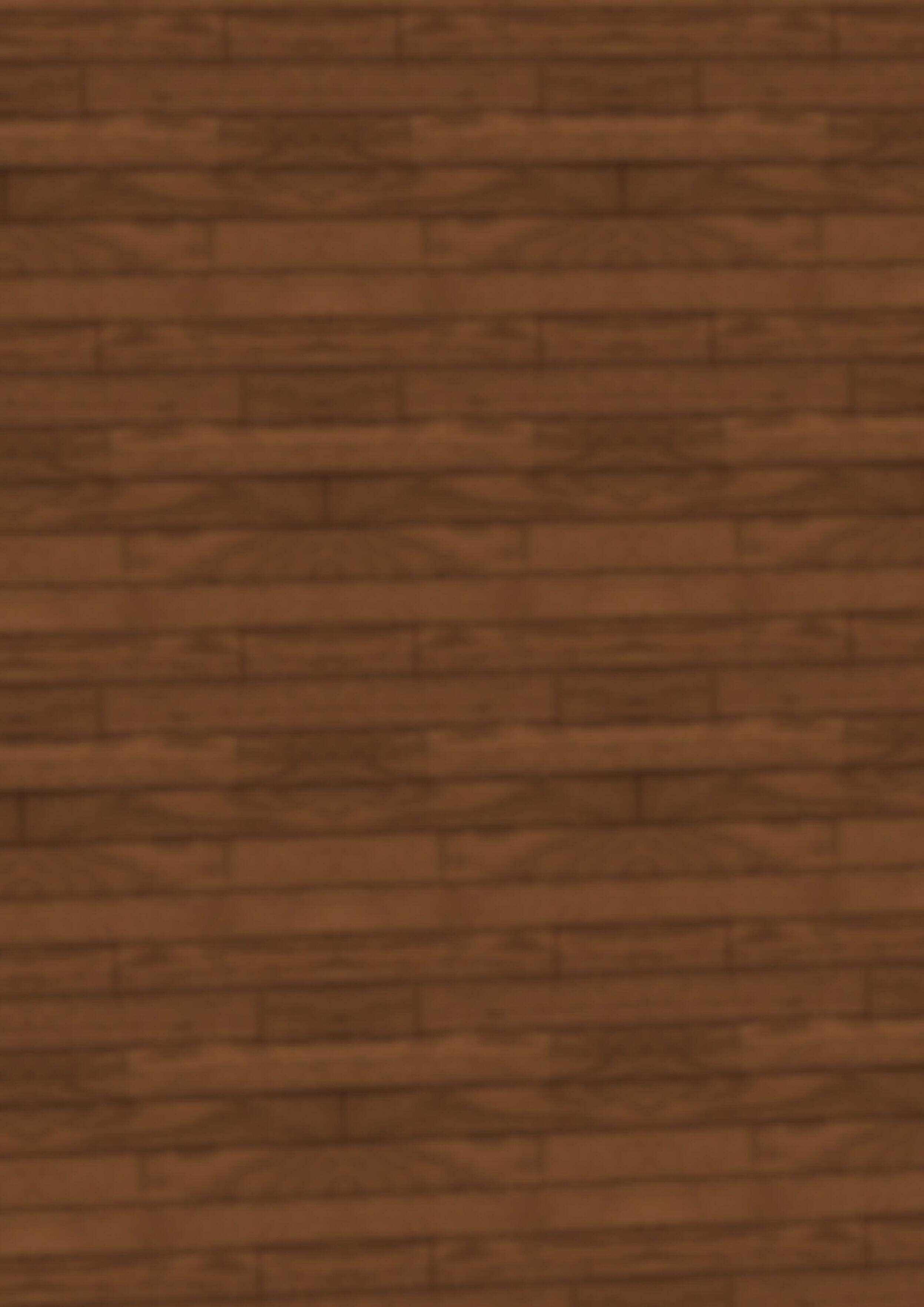
QUIZ: 42%
SLOGAN: PHANTASTIC!
COLOUR: HOT PINK
FACTION: INDEPENDENT
As an independent candidate, Phan Vu is looking to enhance equity and welfare support for all students. Vu is a relative newcomer to the StuPol scene, and cites her interest in running for USU Board to “being passionate about creating changes.”
While experience as the International Student Officer in SULS and Director of Careers and Planning in SEALs meant Vu demonstrated commendable knowledge in USU governance throughout the quiz, she lacked an awareness of broader USU, student and University affairs. Vu was unable to give accurate FoodHub access numbers or name any of the deputy Vice-Chancellors. She assumed student placements were paid, had no knowledge of the Universities Accord Reports, and was not wholly aware of HECS parameters.

Several of Vu’s policies stem from the challenges of balancing academics, work, home management and a social life. Vu plans to address such challenges by focusing on “food and cost of living alleviation”, mostly through incentivising students to purchase at USU outlets for a discounted price. Vu also proposes the creation of an ‘Equity Portfolio’, adapted from the SULS structure with “consideration of eligibility metrics.”
QUIZ: 35%
SLOGAN: DARE TO DREAM DANIEL
COLOUR: PURPLE
FACTION: INDEPENDENT
Daniel Park is running on an independent platform centred on making the university experience more fun and inclusive. Park’s quiz results highlight a decent knowledge of the USU’s engagement with clubs and societies as well as the organisation’s role on campus. Park’s knowledge of USyd outside of the USU and the tertiary education sector as a whole was less impressive. He was unable to identify any recommendations of the Universities Accord Report, name any Deputy Vice Chancellors, or recall that placements are currently unpaid. Citing his experience as Social Media Director and Treasurer of the Korean Law Students Society, Park’s main idea to increase student engagement on campus targets international students. He argued that similar to the recent Festival of Creativity, the USU should collaborate with ethnocultural societies to create events that would spotlight different cultures by playing traditional games and offering movie screenings. When asked what the USU could do to support international students beyond events, Park said the board should continue to advocate for an expansion of concession opal cards. However, Park was inconsistent across the interview about whether the USU
Although Vu maintains clear passion for the SULS community, these policies are insular and, when coupled with her lack of general knowledge, undermine her claim to work for “all students.”
Interestingly, Vu believes the USU should be politically neutral, stating that an apolitical stance is a unifying way to represent the student body. However, when questioned about her policy on the Fair Fares campaign, Vu said the USU should support it “when it comes to cases like concession opal cards it doesn’t have to align with student associations [like the SRC] as it would hurt students who are not a part of any student factions or groups.” This position is incorrect for two reasons: the SRC supports students irrespective of their political affiliations, and many of their interests are inherently socio-political in nature. Such contradictory claims showcase that Vu does not have a clear political vision.
should play a stronger political role on campus. At points, he argued that the USU and SRC played very different roles and that the USU “shouldn’t be as active as the SRC, otherwise, the purpose of those organisations start to blur,” however, at other points his policy ideas would have the USU take on roles traditionally left to the SRC.
Park’s other flagship policy surrounds improving students’ mental health on campus. He advocated the creation of a USU counselling service based on student volunteers who would be trained to support students. While well-intentioned, Park was unable to fully articulate how these students would be adequately trained to take on counselling responsibilities.
Overall, Park is a competent candidate who has a sound understanding of the USU and the needs of students, however, his policy platform lacks specificity.

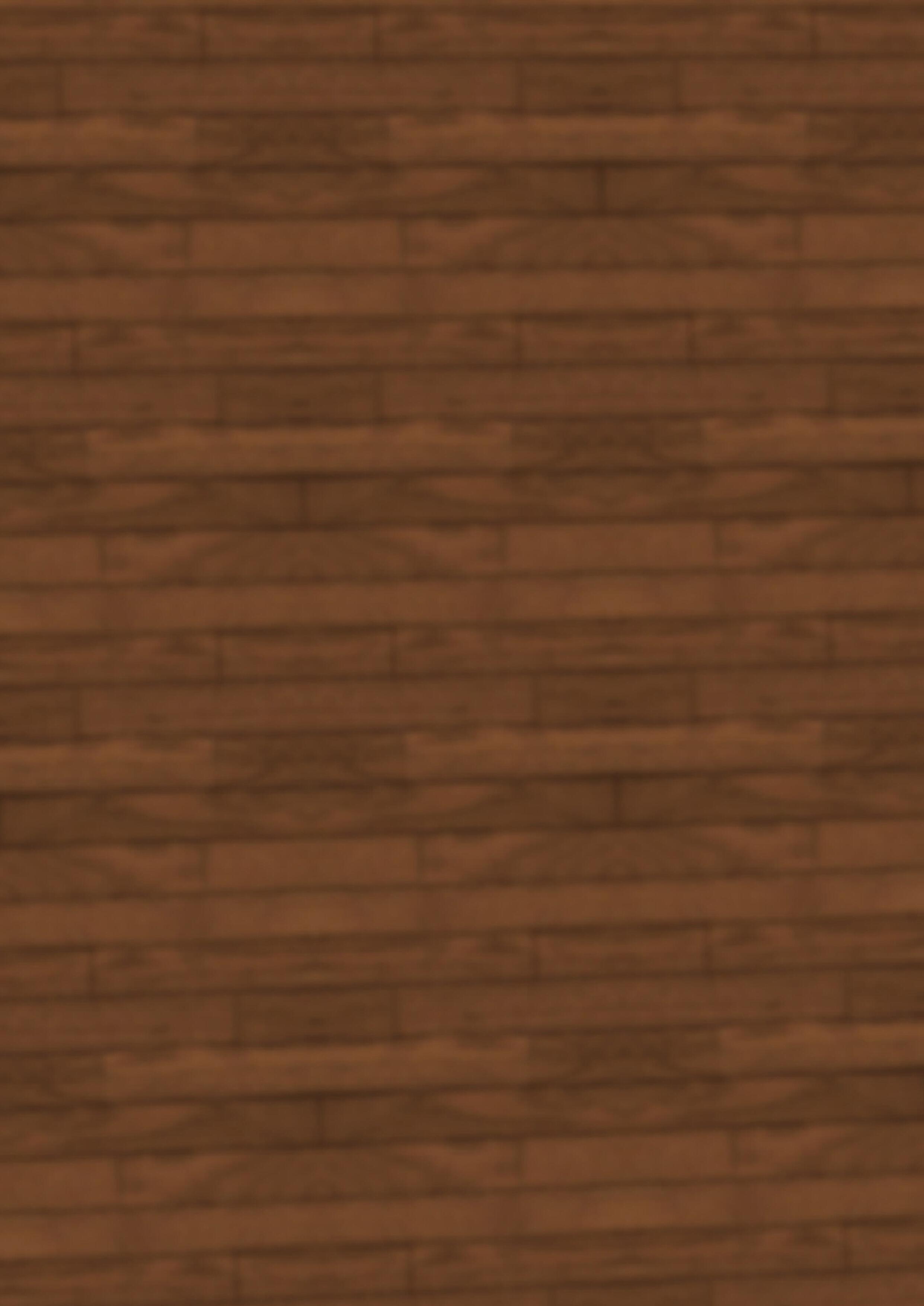
QUIZ: 34%
SLOGAN: SUCCESS WITH SIMON
COLOUR: MATCHA GREEN
FACTION: INDEPENDENT
Simon Homsany is running as an independent candidate on an “apolitical” campaign. When asked about any past affiliations, Homsany spoke to how his “politics are [his] policies.” Homsany’s quiz results display a sound working knowledge of USU facilities and outreach, with correct answers when questioned on USU procedures, as well as questions pertaining to staff and societies.
Weaknesses in his knowledge were prominent in the areas of VSU, as well

as current affairs in tertiary education — namely the Universities Accord Final Report and the campaign for unpaid placements. When asked about what prior experience would lend itself to a USU board member role, Homsany noted previous leadership roles at NGOs in Perth. According to his LinkedIn profile, Homsamy is a chartered accountant who has previously worked at PwC. His trademark policy is a “buddy program” where international students would be paired with domestic students who would be trained to help students with language skills and create a “sense of belonging and identity” on campus. When pressed about why the USU is best placed to run this program and how he would recruit enough domestic student volunteers, he
QUIZ: 23%
SLOGAN: DON’T SAY NO TO NAOMI
COLOUR: DARK NAVY
FACTION: INDEPENDENT
Naomi Viegas is running for USU Board as an independent candidate, possessing no past or current political or factional affiliations. While this means that Viegas is not bound by any factional directives, her institutional knowledge of the USU, as well as the USU’s political leanings and vision, were notably lacking on account of having been at the University for only two months. Despite having been at USyd for such a short period, Viegas demonstrated knowledge of USU financing, VSU, previous leadership,
said there was an existing desire to help and there could be incentives for students who take part. While wellintentioned, and postured as inclusive, the forms of support Homsany desire are already available at the University through faculty support systems.
Drawing on his academic background in accounting, Homsany is also proposing the USU offer free financial literacy classes to its members. In the context of a cost of living crisis, he argued, teaching students foundational budgeting skills was essential. Who would teach the classes and design the curriculum alongside Homsany is unclear. His consulting background may aid his delivery and administration of programs like FoodHub, however, it remains to be seen if he is any better than the current board at securing more suppliers. Nonetheless, some of Homsany’s other student life policies seem disconnected from the role of the USU.
and procedures required from USU societies in order to remain in compliance with USU policy. However, there was a lack of knowledge in areas of extreme importance to students, such as the recommendations in the Universities Accords Report, as well as the current placement poverty campaign.
The presentation of her policies focused on more “practical” elements. Policies which seemed most congruent with USU procedure included expanding existing USU Eats promotions to ensure more free and affordable food stations, and heightening USU sustainability initiatives by further reducing single-use waste. However, the deliverable outcomes of some policies like “partnerships with ridesharing apps” and “offering free nutrition counselling to students” are far-fetched. Some important knowledge of USU
procedure was absent, with some misunderstanding of what was in the domain of responsibility between the SRC, the University and the USU. Many of her policies — such as rent assistance, expanding mentoring support programs, and hosting workshops with new students — are not within the USU’s remit. Honi would also like to note that as of April 21, 2024, Viegas’ policy document was unauthorised. Furthermore, despite mentioning in the interview that she would like to see more inclusion of students with disabilities in society events, Viegas was not aware of the autonomous Disabilities space that opened recently in Manning House.
Overall, Viegas’ candidacy can be characterised by a positive attitude toward the Board role, although as a very new student to the University, she perhaps does not possess enough current experience with the USU to adequately meet its extensive requirements and responsibilities.

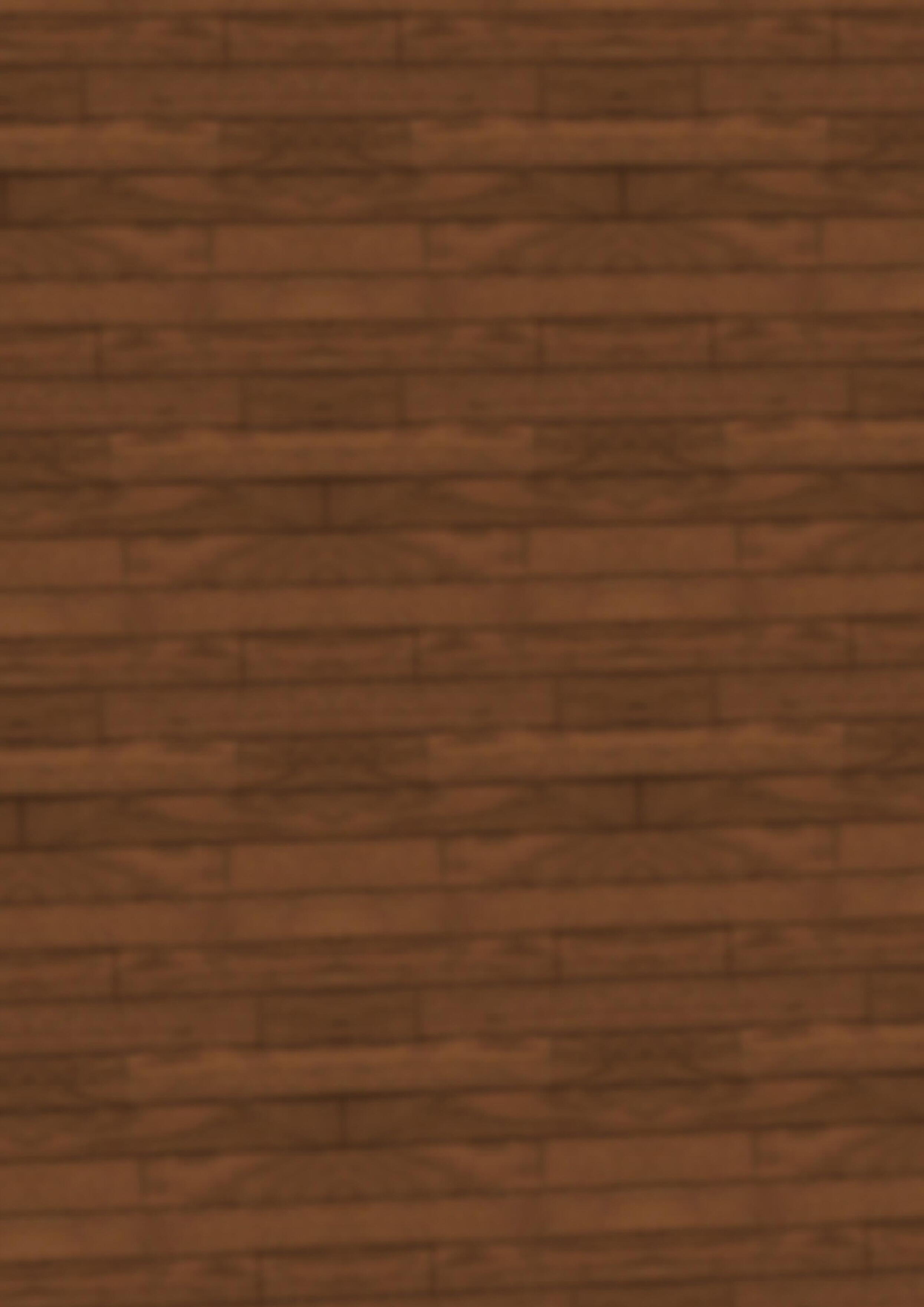
QUIZ: 22%
SLOGAN: SLAY SHIRLEY
COLOUR: LIME GREEN
FACTION: INDEPENDENT
Zixuan (Shirley) Zhang provided a strong voice for international students, and has clear lived experience in issues and barriers facing this community on campus. However, her policies lack detail and she was unable to explain how they might come to fruition within the USU’s current structure and culture.
These inadequacies are perhaps a testament to Zhang’s lack of experience in clubs, societies and other representative bodies at the University beyond some involvement with the Chinese Students Association.
Zhang told us the main focus of her campaign was to represent international students who “make up a large part of the student body”, but have been historically underrepresented on Board. To achieve this
Zhang was able to identify some of the USU’s core figures and functions, including this year’s President Naz Sharifi and some of the requirements for clubs and societies to remain active. However, Zhang’s understanding of the USU’s activities, the University’s structure and the SRC was severely lacking. Key questions about the existence of Welcome Fest, Manning’s autonomous spaces, the University’s Deputy Vice-Chancellors, Academic Board, the SRC’s primary roles and the allocation of SSAF were left unanswered.
1. Name the last 5 USU Presidents.
2. In which year did USU and Women’s Union amalgamate to form the present USU?
3. In what year was O Week retitled to be Welcome Fest, and why?
4. Roughly how many students accessed Foodhub per day at the end of last year?
5. Which autonomous space was recently opened at Manning?
6. What information do students provide when they sign up to be a USU member?
7. Name two USU staff members and their roles, excluding student Board directors.
8. Which three Faculty Revues ran a show in 2023?
9. Name four documents a society has to send to the USU each year to remain active.
10. Name three USU faculty society publications.
11. What year does the University of Sydney’s strategic plan centre around?
12. Name two of the University’s Deputy Vice-Chancellors.
13. Who are the President and Vice-President of SUPRA?
14. Which scandal was the Academic Board involved in earlier this year and how did they rectify it?
15. Who will replace Belinda Hutchinson this year as the University’s Chancellor?
16. What are the SRC’s two primary roles?
goal, Zhang policies highlight the need to make information about the USU and its programs more accessible to ESL students who speak languages other than English and increase outreach on WeChat.
When asked if the USU should take more political stances she said that if a policy is universally “good for students,” the organisation should be open about their support.
Beyond her focus on international student representation, her other policies lacked clarity and direction. She advocated there be “shuttle buses” for students taking long trips across campus, but was unable to justify why this was a large issue for students. Further, while she highlighted that the affordability of food on campus was an issue for “all students,” Zhang did not demonstrate an understanding of what the USU is currently doing to alleviate food insecurity.
Despite her enthusiasm, Zhang’s lack of institutional knowledge means her policies will likely face significant barriers to implementation if elected.
17. Name the last 3 SRC Presidents and their factions.
18. How much SSAF funding has the SRC been allocated this year?
19. Describe the subjects of two feature articles Honi Soit published in 2023 or 2024.
20. Describe one way in which the SRC constitution can be amended.
21. VSU was instituted under which government?
22. True or false: the City of Sydney Council passed a motion in April supporting the Fair Fares campaign.
23. What is the current repayment threshold for HECS debt?
24. What is the standard remuneration for students undertaking placements for their degrees?
25. Name three recommendations from the recent Universities Accord Final Report.
26. What is the name of the candidate whose nomination was rejected by the Arc Board at UNSW this year?
27. How much was the University of Melbourne fined in April of this year for violations of the Fair Work Act?
28. Name the top five universities ranked by Times Higher Education in 2024.
29. Which were the two universities to take part in the most recent strikes and why?
30. How much does a regular coffee with whole milk cost at Courtyard?


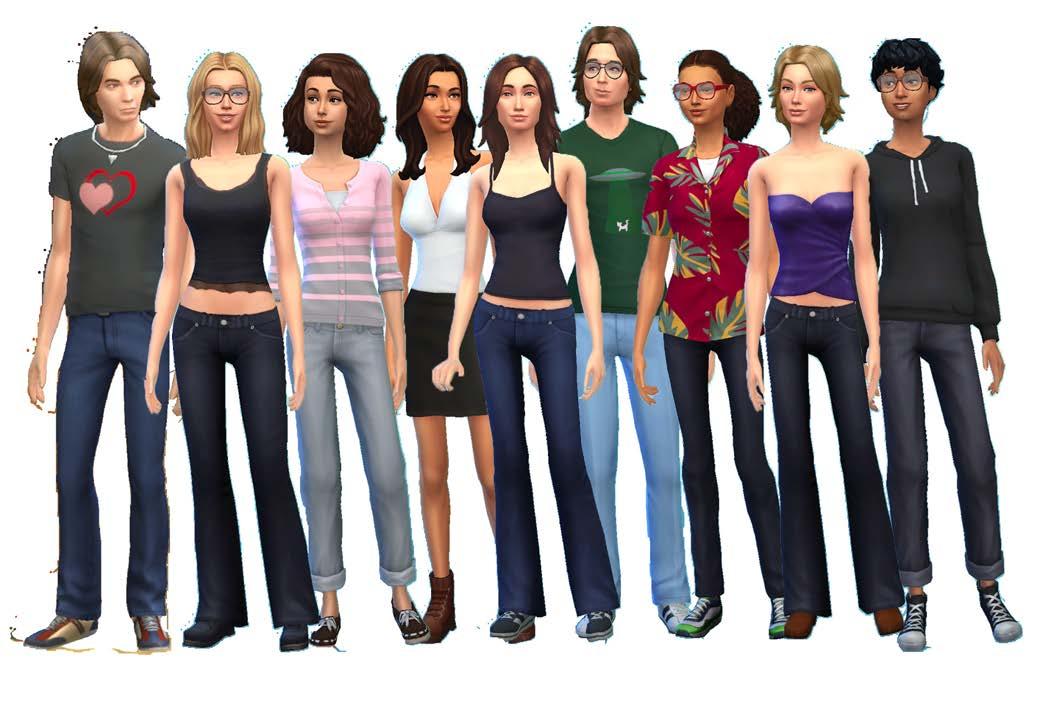
WILL SEE YOU AT THE (ONLINE) POLLING BOOTH
WILL SEE YOU AT THE (ONLINE) POLLING BOOTH HONI
